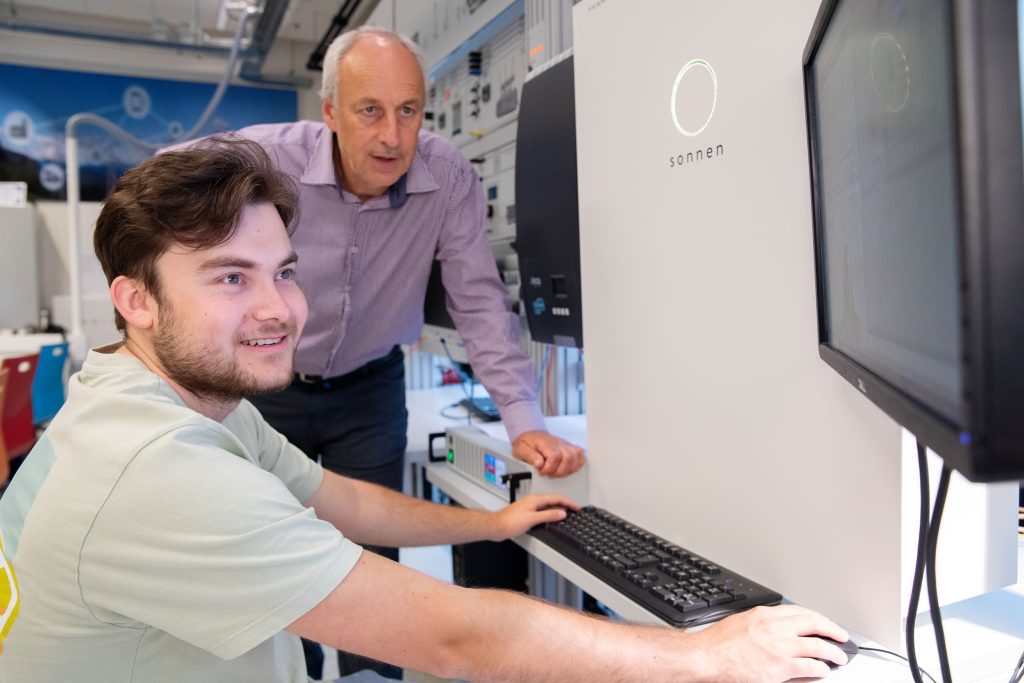
In the Academic Workshop Climate & Energy at Tilburg University, MNEXT (Avans University of Applied Sciences), Alliander, Stedin, Enexis, Essent, the Province of Noord-Brabant, Tilburg Municipality, Vereniging Eigen Huis, Netherlands Enterprise Agency, Midpoint Brabant, and Heijmans join forces to accelerate the energy transition in the region. What stands out in this academic workshop is that not only technological but especially social innovation in the context of the energy transition is highlighted. MNEXT is a crucial partner in this collaboration due to the contributions of the Smart Energy research group, the education portfolio on energy transition, and the SEnD Lab. The connection with the Smart Energy research group provides a practical, technically substantive boost to the university.
What is an Academic Workshop?
Contrary to what the name suggests, the Academic Workshop is not a physical place but rather an experimental learning and innovation environment. Here, professionals from various fields collaborate on an equal footing in the areas of practice, research, policy, and education. It is a breeding ground where professionals from both the field and the university and higher education collaborate. The workshop thus serves as a connecting link between science and practice. This concept is known as the triple helix. A collaboration between government, businesses, educational institutions, research institutes, and universities with the aim to stimulate innovation and foster economic growth.
Why this workshop?
The severe consequences of the climate crisis demand not only technological solutions but, more importantly, a broader societal transition. Researcher Ad Breukel emphasizes that, in addition to new technologies, social innovations are essential to guide the energy transition. It must not only be sustainable but also accessible and affordable for everyone. MNEXT sees the Academic Workshop primarily as a fertile environment where experiences are shared, new ideas emerge, and technology is applied in an impactful way in the region.
Smart Energy Professorship in Action
A concrete example of the contribution of the Smart Energy research group is its involvement in the new energy law. Various fields, including legal, administrative, socio-economic, psychological, and technical, combine their strengths to formulate joint advice that can then be utilized by the practical partners. Additionally, Ad Breukel, Hugo de Moor, Jack Doomernik, and Mertijn Weeda explore the digitization surrounding the energy transition, where both battery technology and digitization and data play a role. The research group is continuously involved in integrating and measuring energy systems supported by data. Through our technical expertise, MNEXT can add value to the projects within the Academic Workshop.
What does the future hold?
Knowledge circle members Ad Breukel and Mertijn Weeda see MNEXT as a promising collaboration partner for the university because practical technology is integrated into real-life cases. In the coming period, the Smart Energy professorship will mainly shape the direction of research within the Academic Workshop. The primary goal always remains: obtaining new answers and insights that benefit the energy transition in the region.
